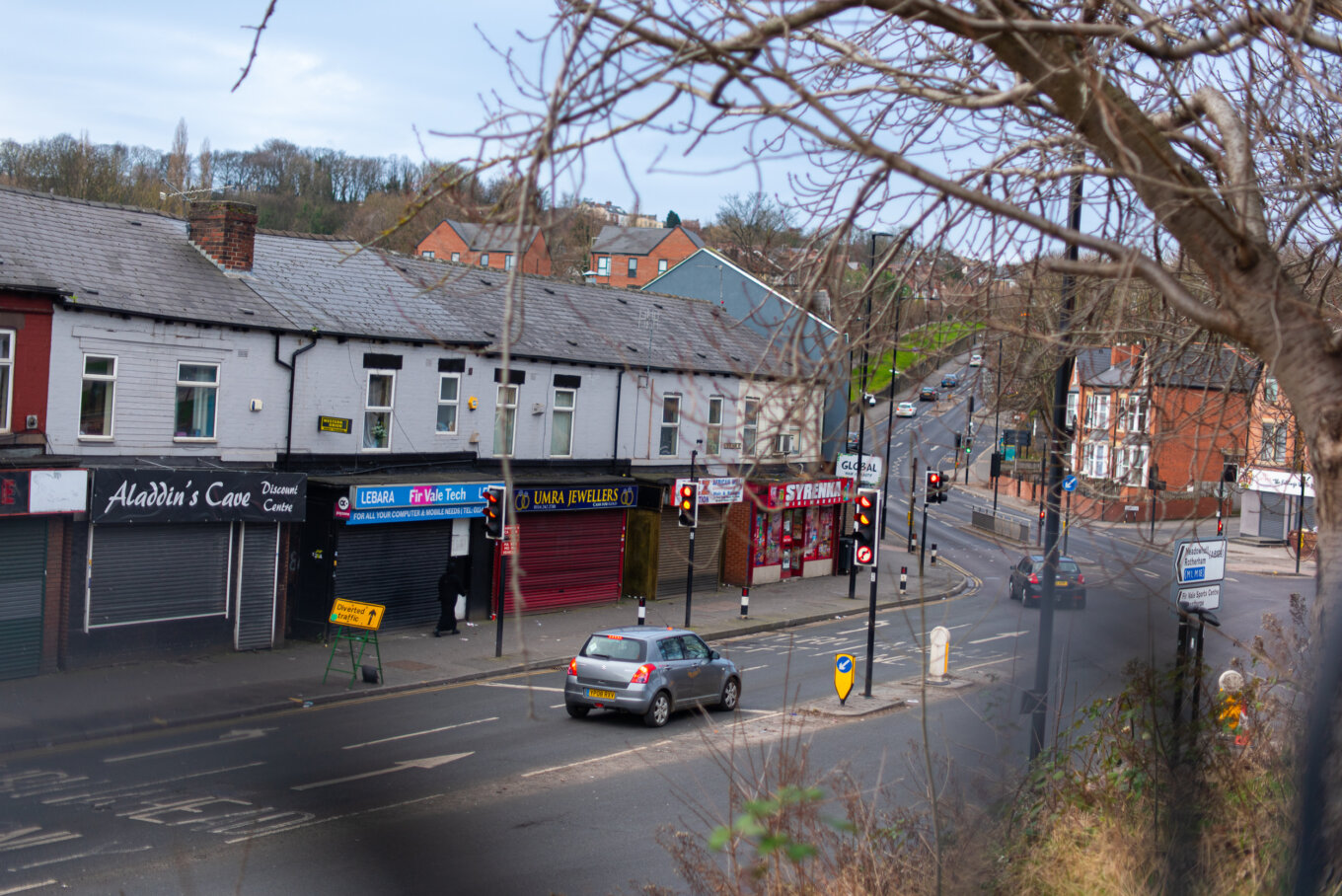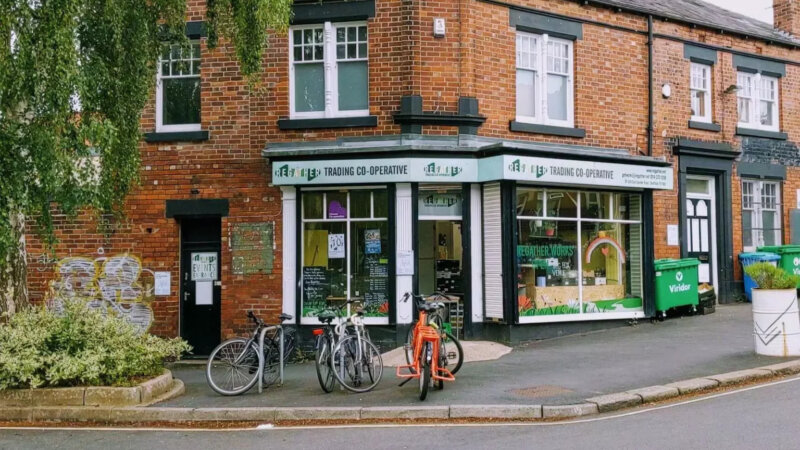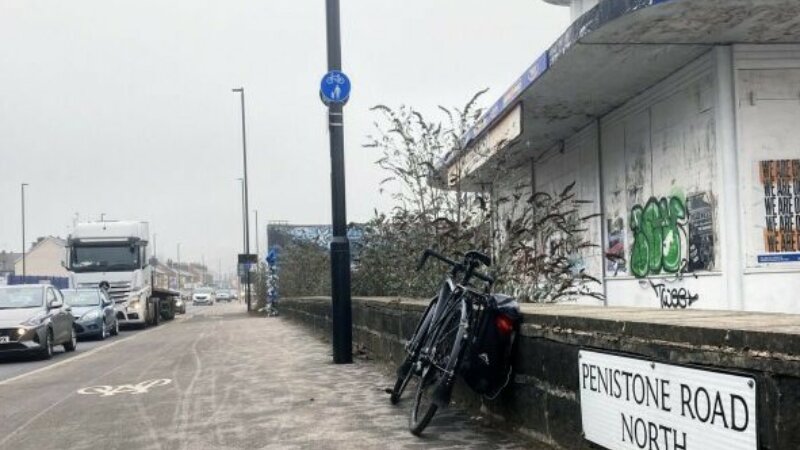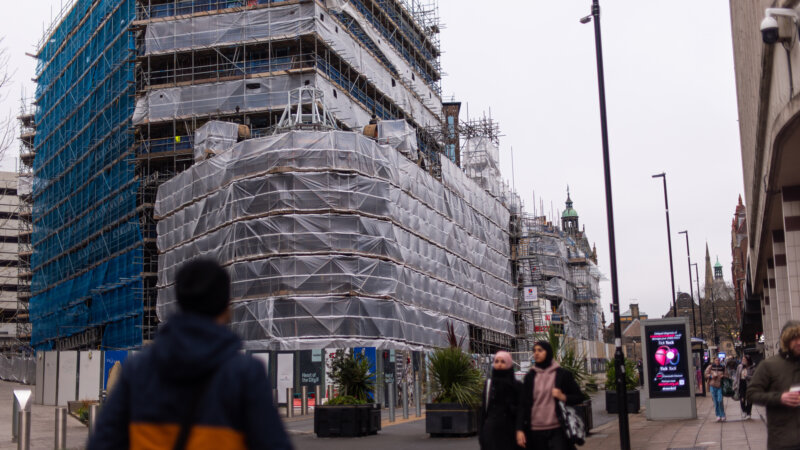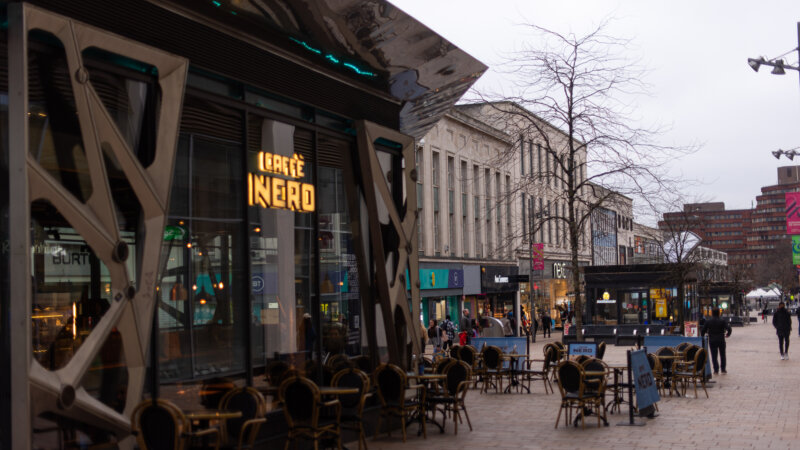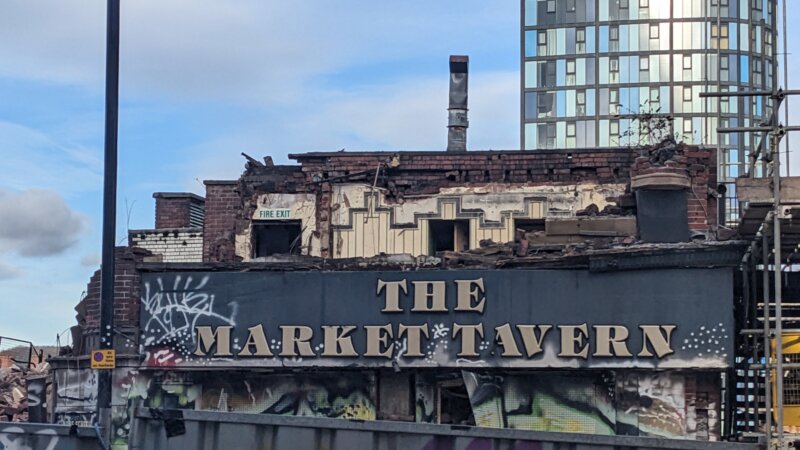Don't Pay campaign calls on Sheffield to refuse to pay its energy bills
Activists want one million people across the UK to take matters into their own hands if prices soar in October.
Stickers have appeared across Sheffield urging residents of the city to refuse to pay their energy bills from October if the price cap is raised again.
The Don't Pay campaign want at least one million households across the UK to cancel their Direct Debits on the day energy prices are expected to skyrocket. The group, who are remaining anonymous for fear of repercussions, say they want energy companies to reduce bills to an affordable level in response to the cost-of-living crisis.
"Even if a fraction of those of us who are paying on credit meters withhold our payments, it will be enough to put energy companies in serious trouble, and they know this," say the campaign on their website.
"We want to bring them to the table and force them to end this crisis."
It's a simple idea: We demand the govt scrap the energy price rises and deliver affordable energy for all. We will build a million pledges and by Oct 1st if the govt and energy companies fail to act we will cancel our direct debits. Read more here: https://t.co/NPF8VQXcHD pic.twitter.com/E4gPenIXiL
— Don't Pay. (@dontpayuk) June 18, 2022
Activists behind the project have drawn parallels with the Poll Tax in the early 1990s, which saw millions of people withhold payment to protest a Margaret Thatcher policy widely seen as unjust.
At the time, more than 17 million people refused to pay the new regressive flat-rate tax, in a move widely seen as a contributing factor to the downfall of Thatcher's government.
Set by central government, the energy price cap limits how much domestic suppliers (who don't actually generate any electricity) can charge consumers for gas and electricity. The cap was raised to a record high in April by energy regulator Ofgem, with consumers now paying an average of £1,971 a year for energy compared to £1,277 in March 2021.
This is predicted to jump to a massive £3,244 a year in October and could climb even further, to £3,363, when the cap is next reviewed in January.
But the government set the price cap themselves through Ofgem (a government agency), and could force the energy giants to take on the increase in wholesale prices instead of households. The big energy companies such as Shell and BP could also choose not to raise prices in-line with the cap, instead absorbing costs during a cost-of-living crisis.
"On 1 October, if the government and big energy companies have not reduced our bills to an affordable level and if we have critical mass pledged to cancel their bills, we all cancel them on the same day," say the campaign.
"It can only work if we believe in each other and show the powers that be that we would not stand for being treated as cash cows."
If one million households refuse to pay their bills from 1 October, activists say the energy companies could stand to lose £230 million a month – and this could add up to £1 billion by the end of the winter.
“Energy bills are rising to £3,200, wages haven’t kept up with inflation for decades but corporate profits are going through the roof.
— Ronan Burtenshaw (@ronanburtenshaw) July 13, 2022
“People have had enough. We’re in solidarity with everyone fighting for a pay rise.”
- @RMTunion’s Eddie Dempsey pic.twitter.com/0x82lC5jC4
Such a co-ordinated campaign would make it extremely difficult for energy suppliers to cut customers off from their supply on the grounds of non-payment. Rules governing the industry mean companies have to follow a long process before disconnecting anyone, which would be impractical if enough people take part (in 2018, only eight people in the UK were disconnected this way).
Don't Pay say that they'll only go ahead with the payment strike if enough people sign up to take part, as this will "cause paralysis and create a months-long backlog" in the system.
"Millions of people simply aren't able to afford their bills already, and millions more won't be able to when prices rise again as we head into winter," say the campaign.
"The cost of living crisis is affecting millions of us and in multiple different ways – but we're all linked by rising energy prices."


